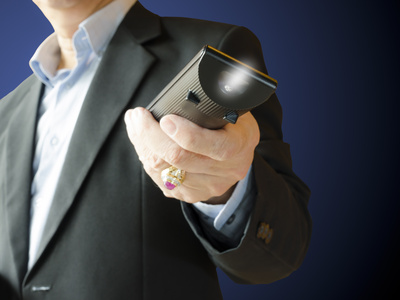Well, it is Monday again (weird how it appears on a regular basis), the slow day of the week, the one day that requires more energy for liftoff. At least for me it requires more energy for liftoff, but, apparently, not so for the market. It is Monday (again) and the market is pushing hard into the green.
I suspect it is the news that Greece might be coming back to earth in its negotiations with the EU. Then again, it could be Taylor Swift and her rather bold smack down of Apple and its idea that it could give away someone else’s product to create a larger customer base for itself.
- We don’t ask you for free iPhones. Please don’t ask us to provide you with our music for no compensation.
Yup, give it to the girl. Not only is she right, but she presented her position with grace and intelligence. Who says pop stars are not bright? Maybe no one, but there is an impression this is the case, just as there is an impression the American shopping mall is the place to go for clothing. Well, maybe it used to be true that clothing stores and malls were one, but now it appears that reality is changing.
- American retail as we know it is dying — and now these industries are taking over.
American retail is the mall, at least it was for a long time, but now so much shopping happens online the face of the mall is changing. American capitalism and market forces are at work, which makes the statement that it is dying rather hyperbolic.
- For a long time, malls were dominated by brands like Sears, Gap, and Abercrombie & Fitch.
Not anymore. As malls were closing up shop because of the exodus of department stores, they now are finding new life with the likes of Best Buy, Kennedy Fitness, and Med Stop. Yup, malls are fast becoming the place to find high-tech products, to get in shape, and to fix something broken in the body, and because of that, they are staging a financial comeback.
- “At a time when some big department stores are struggling and Internet shopping is on the rise, the mall industry is doing surprisingly well,” writes Robbie Whelan at The Wall Street Journal.
So, looking to the market, perhaps there is opportunity in the companies that now have a place in which to expand, as all three of the above industries (technology, fitness, and health) are experiencing growth from the socio-cultural transformation happening around the globe.
Speaking of the globe, not everything in the Middle East is going bad. In that land of heat, deserts, and little water, there is a path emerging that those of us here in the American west could follow.
- Israel’s water authority says Israel uses a much higher percent of its treated sewage for irrigation than any other country — 86 percent, with Spain next at 19 percent.
Soon enough, we all will be reclaiming sewage water, but in the meantime, we have to go through the “yuck!” phase. So, let’s get through it already and get on with it here in the west, as agriculture is the number one user of water by a long, long margin.
Over in Japan, they too are showing innovation with water and other such shortages, or potential shortages. Talk about far sighted.
- Researchers at Japan’s Atomic Energy Agency have come up with a new method of processing seawater to extract lithium—an element that plays a key role in advanced batteries for electric vehicles and one that, if current predictions for the EV market prove accurate, could be in short supply before the end of the decade.
The Japanese are taking care of business, just the Israelis are taking care of business, and both support my contention that when needed resources become scarce, humans create innovative technologies to address the shortfall. We fix the problem, and in doing so, we create markets. The Japanese are now adding to the EV market, which helps the electric ar market expand.
On the other side of that innovative mindset we also find technology created that has less to do with survival and more to do with the idea “we do it because we can.” Again, leave it to the Japanese, a poster child for innovative technology, to show us the way in this regard.
- The adorable Pepper robot unveiled a year ago by Japan-based mobile and telecommunications company SoftBank has finally been made available to consumers, and it’s been a roaring success.
Pepper is a hit. It sold out in less than a minute after going on sale (1,000 units at $1700 a pop). Interestingly, Pepper is not designed to perform any physical tasks. Its sole purpose is to be a companion robot, a thing that helps its owners feel better.
- Pepper aims to act as a household companion. It is programmed to communicate with users, follow vocal commands, and, in what SoftBank claims is a first, read human emotions and react accordingly.
Okay, so how bad could things be in Japan, economically speaking, if within a minute, 1,000 people buy an expensive toy that might make them feel better? I guess the answer to that question could go either way.
Trade in the day; invest in your life …




